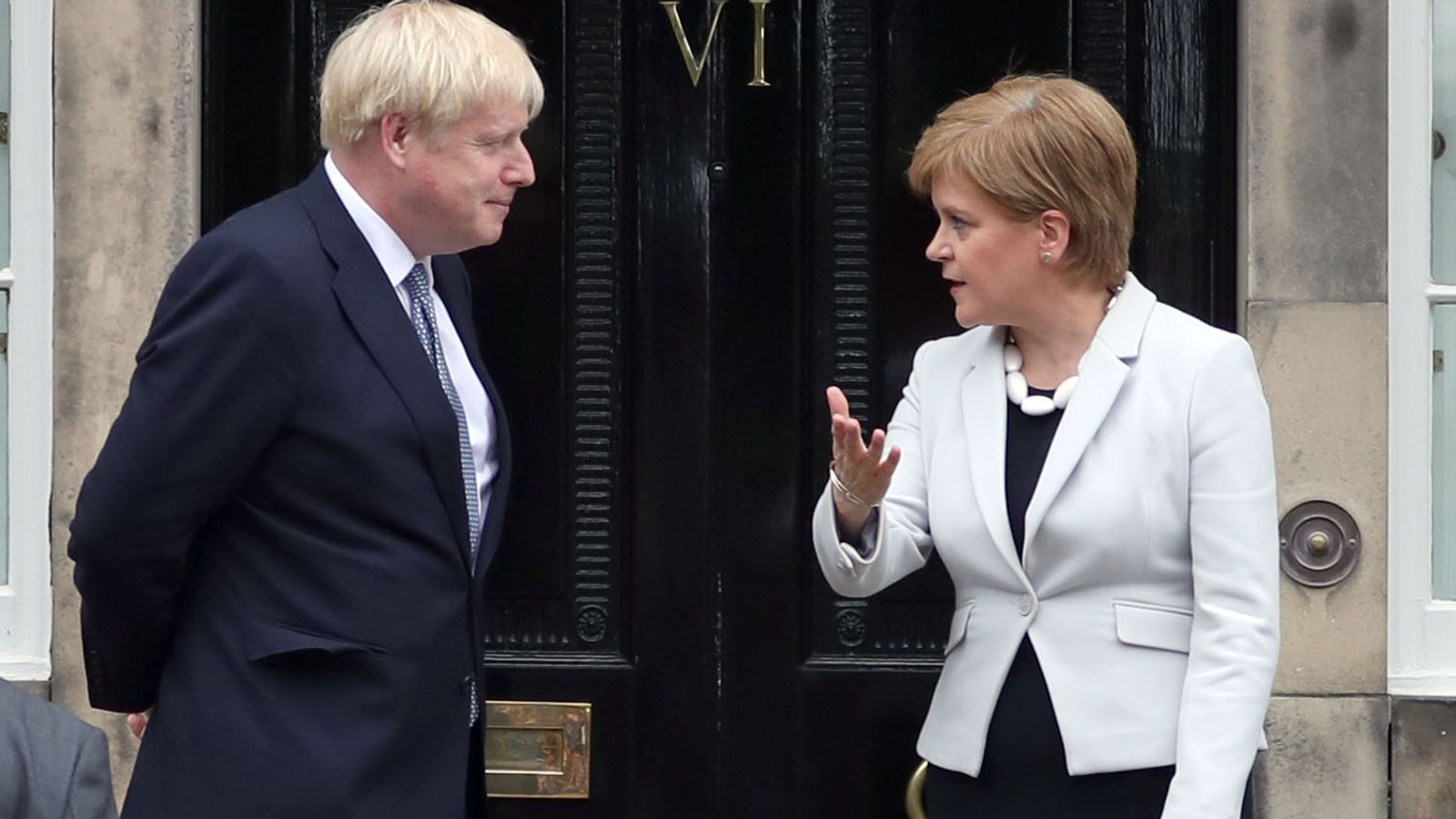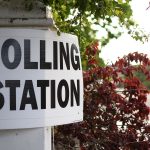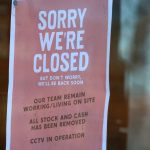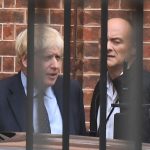The future of the United Kingdom is at stake as the remaining results for the Holyrood parliament roll in.
But the crunch might not come as quicly as some think – and the cabinet in Westminster are working on a plan they believe might scupper it.
The 2021 Scottish Holyrood election has been presented as a pivotal moment for the Union.
However both Conservatives and SNP suddenly seem aligned in wanting to buy more time before pressing the button on Indyref2.
UK elections live: Follow latest results and reaction as ‘Super Thursday’ votes counted
Boris Johnson has told the Daily Telegraph: “Well, as I say, I think that there’s no case now for such a thing… I don’t think it’s what the times call for at all.”
The PM dropped the language of “never” having a second vote earlier this year.
Meanwhile, Deputy First Minister John Swinney also suggested delay.
Asked on Saturday about Mr Johnson’s remark that it would be “reckless” to hold a referendum in the current context, Mr Swinney told the BBC: “We said we would have a referendum once we have got the current context of COVID under control.
“And that is a point of agreement that we can take forward with the prime minister in due course.”
This is constitutional clash delayed, not averted however.
The SNP and and Scottish Greens, if needed, are likely to request a transfer of referendum powers to Holyrood in the coming month.
When the prime minister refuses, Ms Sturgeon has said Holyrood would pass its own referendum legislation without London’s consent, repeating her dare on Friday to Mr Johnson to challenge it at the UK Supreme Court.
The 1998 Scotland Act underpinning devolution states the makeup of the Union is a matter reserved to Westminster.
It means the Scottish parliament does not have the power to call a referendum on breaking up the union, and cabinet ministers think its highly likely the Supreme Court would rule in their favour.
At the point of Supreme Court ruling, many had expected the government to try and boycott the vote or pass legislation to make it illegal.
However Sky News understands the leading plan in Westminster is to adopt a more low key approach, in a desire to avoid a repeat of the scenes in Catalonia, Spain in 2017.
Then the autonomous region held a referendum which was declared unconstitutional by the Constitutional Court of Spain and the Spanish high court sent in police to try and prevent it, leading to violent clashes.
One source told Sky News the plan would be to let any Supreme Court judgment speak for itself, but not to launch a political campaign to stop or boycott the referendum as well.
“Tone at this point is key. You don’t then try and force it. The last thing you want is police going north to arrest everyone,” said a cabinet source.
However the consequences of a Supreme Court ruling are huge, they believe.
Government lawyers have suggested that public bodies in Scotland including councils would all be bound by the Supreme Court ruling, and would find it difficult to carry out the referendum since that would be illegal.
While some might defy the ruling, since the consequences of ignoring it are unclear, lawyers believe there is a reasonable chance it will deter at least some public bodies from carrying out the functions needed for a referendum.
“If even some councils don’t put out the ballot boxes and do the count, how can it be a valid referendum?” asked a source.
“It’s practically impossible to hold an illegal referendum given the number of people who have to be willing to ignore the law,” said another government source.
Nor is the Tory party united in ignoring a second referendum which is deemed illegal.
Some cabinet ministers want to campaign anyway and encourage participation in the referendum, rather than try and claim a large victory for independence is illegitimate.
“You wouldn’t want a result which fell marginally in favour of independence because your side boycotted the vote,” argued one ministerial source.
Even if this doesn’t happen, ministers believe that time will help heal the wounds caused by Brexit and this would help the pro-union cause.
Towards the end of year polling suggests there were sustained leads in favour of Scotland becoming an independent country.
Cabinet ministers have told Sky News they feared that today would see a comprehensive SNP victory and an unavoidable immediate clash over the Union.
Please use Chrome browser for a more accessible video player
Now they are more relaxed.
They believe there has been a shift against independence since then, which is also reflected in the polls.
The final Opinium poll of Scots found a 50%-50% split in favour of independence, once the 8% of undecided voters has been excluded.
Other polls suggest a small margin for remaining in the UK.
Ministers in Westminster say privately they think it makes it too much of a risk for Nicola Sturgeon to push ahead soon with a vote.
They cite Quebec, where a second failed independence referendum took the independence question off the table permanently.
All of this might well be one of the reasons why today, beneath the sabre rattling, the Scottish governments and Westminster governments are both saying the same things about the timing.
The SNP will attempt to weaponise London’s moves to hamper the referendum taking place. However there are now a number of uncertainties before any vote goes ahead.






















